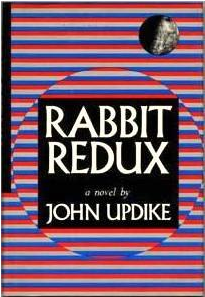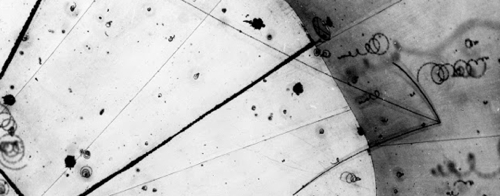 June is soon upon us and it’s come to our attention that a year ago Rachel Grate of Arts.Mic shared “14 Brilliant Pieces of Literature You Can Read in the Time it Takes to Eat Lunch.”
June is soon upon us and it’s come to our attention that a year ago Rachel Grate of Arts.Mic shared “14 Brilliant Pieces of Literature You Can Read in the Time it Takes to Eat Lunch.”
Margaret Atwood’s “Happy Endings” comes in at #1, followed by John Updike’s “Pygmalion.”
“Inspired by the story of Pygmalion from Ovid’s Metamorphoses, the story follows a sculptor who falls in love with a statue he carves. Updike transforms the narrative’s message to reveal the narcissism we all bring to love.
“Updike makes every sentence of this brief piece count, nonchalantly surprising his readers with a new twist in every paragraph. Soon, we begin to wonder how much of a relationship is based on who the other person really is and how much is based on how we transform them.
“Read it for free here,” courtesy of The Atlantic online. The story appeared in the July 1981 issue.
Only one of the American Nobel laureates made the Arts.Mic list: Ernest Hemingway (“Hills Like White Elephants”).







